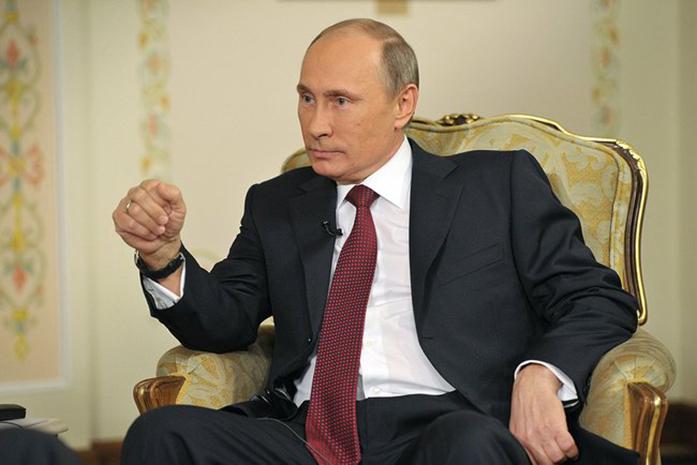Paul Osgerby
[email protected]
Russia has recently ramped up its involvement in the regional power struggle of Syria, launching its first air strikes in the country in what Moscow is calling efforts to dismantle ISIS. The country has set up military bases in the Caspian Sea, and on Wednesday four Russian ships fired 26 missiles, four of which landed in Iran. Russian President Vladimir Putin has stood stalwart.
In response, UK Defense Secretary Michael Fallon told the BBC that Russia “has made a pretty difficult situation much more dangerous” and the intervention is maintaining Syrian President Bashar al-Assad’s reign over a war-stricken nation. During the past three years, Russian diplomats have assured American, Arab, and European politicians that their country is not in a committed relationship to Assad.
Wednesday’s strikes, however, have elicited Moscow’s determination in defending the current president from a coup. Putin’s hand in bolstering Assad’s hold on power has pigeonholed President Obama’s ties to the civil war, in which the United States has been reluctant in dabbling.
The issue at hand is exacerbated by Pentagon-trained Syrian rebels, Division 30 (having gone according to time-tested script), double-crossing the United States and delivering their U.S. weapons to a Qaeda affiliate in Syria. As a result, Obama on Sunday ordered the U.S. military to provide ammunition and arms for thousands of American-led Syrian rebels, aiding the coalition to pressure a terrorist group, Raqqa, in northeastern regions of the ravaged country.
The reactionary procedure highlights what is not a sequel to the Cold War but an extension of the regional power struggle — the same power struggle that U.S. officials and pundits (from Democratic frontrunner Hillary Clinton to Sen. John McCain, R-Ariz.) have attributed to breeding the vacuum for insurgency groups, such as ISIS.
American, Arabic, and European involvement, from supply to direct combat, are just additional powers warring in the region alongside the installed government, the Kurds, and ISIS through invested puppets in rebels. This is all advertised as antiterrorist protocol. Russia’s and America’s definition of terrorism, though, seems to be in contention, allying with different smaller-scale coalition groups that oppose each other.
Another key (perhaps the most important) blockade of progress in Syria: ISIS is profoundly resistant to coalition-based war fronts.
The solution is neither combat by way of various invested rebel groups, which likely will war among themselves or betray their initial investor (ahem, I should say, the U.S.), nor placating other nations’ through political allegiance.
Of the largest global economic, and therefore military, powerhouses, only one nation is providing sound advice: China. Perhaps there are ulterior motives to assist Russia’s agenda, as the two nations have held numerous summits in the past without the United States, but Chinese Foreign Minister Wang Yi released this statement to the U.N: “The international community cannot look on without lifting a finger but also ought not to interfere arbitrarily.”
For every nation to become militaristically involved in the Syrian civil war results in a mere extension of regional warring powers, where the interjections will drastically affect the global scale of the crisis.



